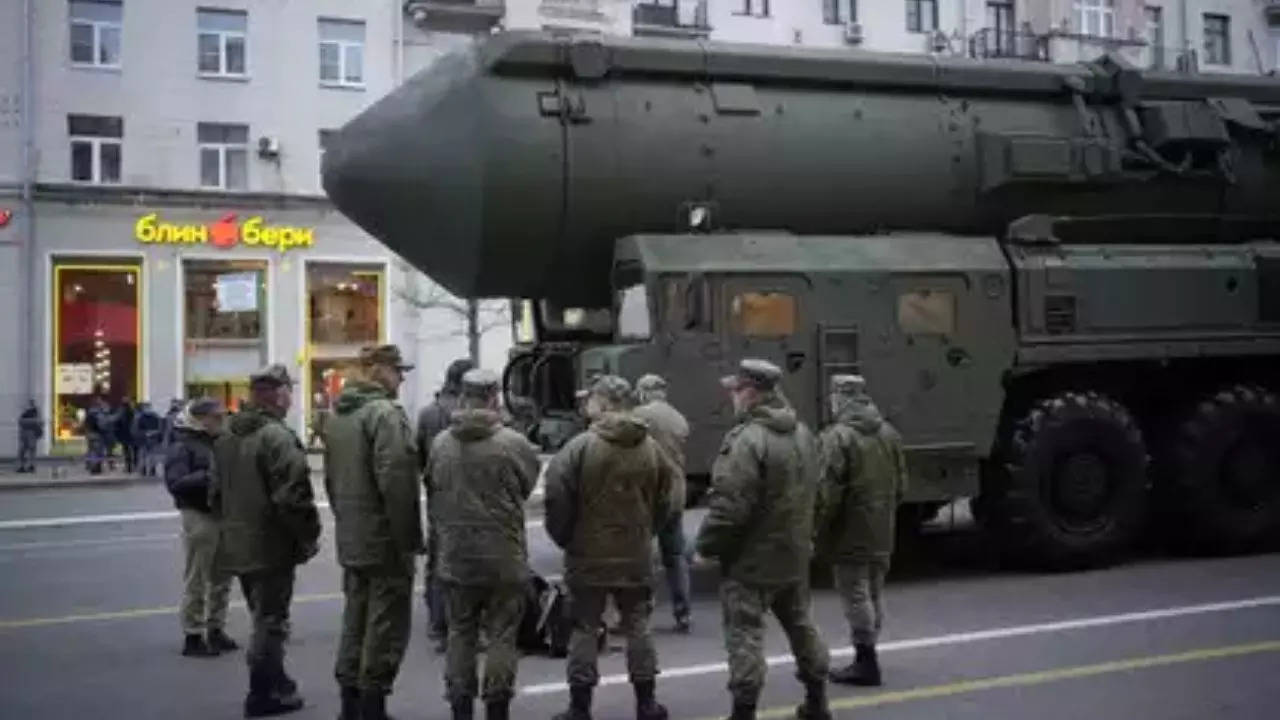After the dissolution of the Soviet Union, Ukraine found itself in possession of a substantial nuclear arsenal. However, due to financial constraints and concerns about geopolitical stability, Ukraine made the decision to surrender its nuclear weapons. The 1994 Budapest Memorandum was meant to provide security assurances to Ukraine in exchange for giving up its nuclear capabilities. Unfortunately, this agreement proved to be ineffective when Russia took over Crimea and backed separatist movements within Ukraine. The current conflict between Russia and Ukraine underscores the challenges that Ukraine faces in terms of security without the protection of nuclear deterrence. The vulnerability of Ukrainian security has been laid bare, leading to renewed discussions about the country’s defense strategies and alliances. The situation highlights the complex geopolitical dynamics at play in the region and the ongoing tensions between Russia and Ukraine. It also raises questions about the effectiveness of international agreements in ensuring the security of nations. The need for Ukraine to reassess its security measures and seek support from allies is more pressing than ever in the face of continued threats from Russia.

Posted in
JUST IN
Ukraine’s Nuclear Disarmament and Security Challenges: A Look at Post-Soviet Legacy and Current Russia-Ukraine Conflict
In Trend

“India’s Renewable Energy Capacity Surpasses 100 GW, Exceeding Government Targets”




















